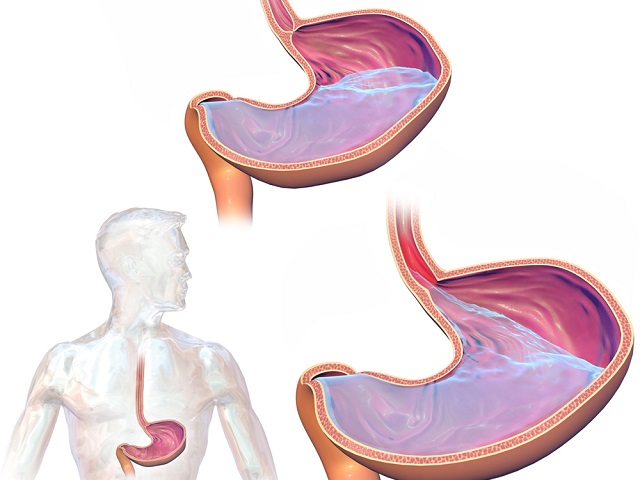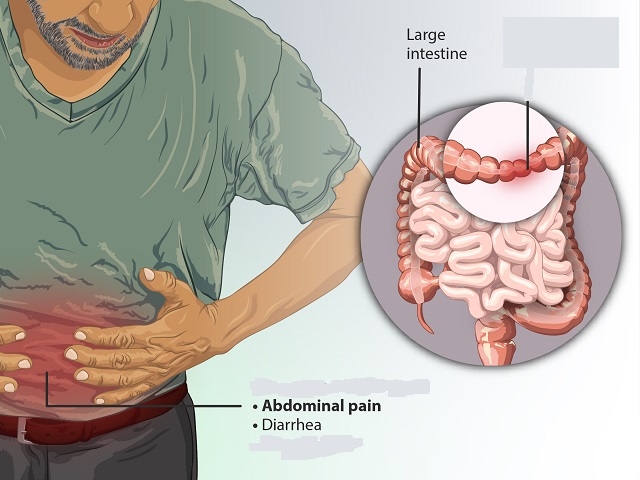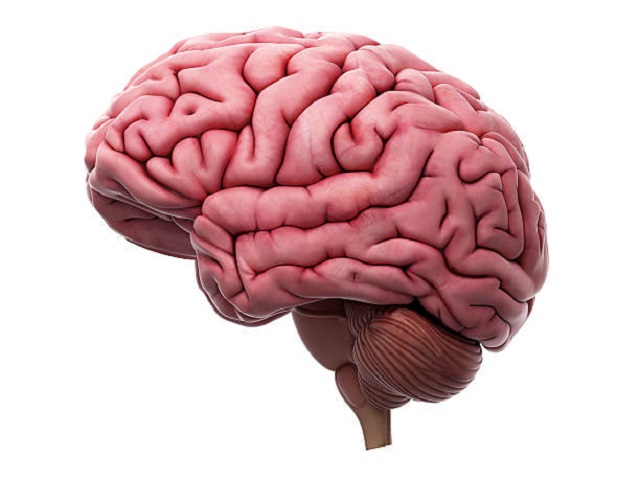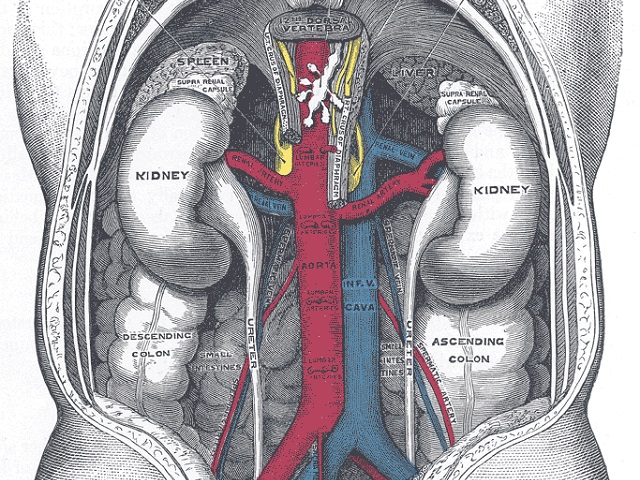10 Signs You May Have Gastroesophageal Reflux Disease -- Symptoms, Causes, Effects, Treatment and Prevention
Gastroesophageal reflux disease (GERD) is a chronic digestive disorder characterized by the reflux of stomach acid and sometimes bile into the esophagus. It occurs when the lower esophageal sphincter (LES), a muscular ring at the junction of the esophagus and stomach, fails to close properly. This allows the stomach contents to flow back up into the esophagus, causing irritation and inflammation. Here is an explanation of GERD, including its symptoms, causes, effects, treatment, and prevention.
Symptoms of Gastroesophageal Reflux Disease:
The symptoms of GERD can vary from person to person but commonly include:
- Heartburn: A burning sensation or discomfort in the chest, often after eating or at night.
- Regurgitation: The sensation of acid or food coming back up into the throat or mouth.
- Difficulty swallowing (dysphagia): A feeling of food getting stuck in the throat or chest.
- Chest pain: Chest pain that may mimic heart-related pain.
- Chronic cough: A persistent cough, often worse at night or after meals.
- Hoarseness or voice changes: Changes in the voice, such as hoarseness or a raspy voice.
- Sore throat: A persistent or recurrent sore throat.
- Laryngitis: Inflammation of the larynx, causing a sore throat and voice changes.
- Dental problems: Acid reflux can lead to tooth enamel erosion and dental issues.
- Asthma or asthma-like symptoms: Chronic cough, wheezing, or difficulty breathing.
Causes of Gastroesophageal Reflux Disease:
Several factors can contribute to the development of GERD, including:
- Weak lower esophageal sphincter (LES): A weakened LES can allow stomach acid to flow back into the esophagus.
- Hiatal hernia: A condition where a portion of the stomach protrudes through the diaphragm, disrupting the normal function of the LES.
- Obesity: Excess weight and abdominal fat can increase pressure on the stomach, leading to reflux.
- Pregnancy: Hormonal changes and increased pressure on the abdomen during pregnancy can contribute to GERD.
- Certain foods and beverages: Spicy, fatty, acidic, or fried foods, as well as caffeine, alcohol, and carbonated drinks, may trigger or worsen symptoms.
- Smoking: Smoking weakens the LES and impairs the production of saliva, which helps neutralize stomach acid.
- Certain medications: Some medications, such as nonsteroidal anti-inflammatory drugs (NSAIDs), calcium channel blockers, and sedatives, can relax the LES or irritate the esophagus.
Effects of Gastroesophageal Reflux Disease:
Untreated GERD can lead to various complications, including:
- Esophagitis: Inflammation and irritation of the esophagus due to the constant exposure to stomach acid.
- Esophageal strictures: Narrowing of the esophagus caused by scar tissue formation from chronic inflammation.
- Barrett's esophagus: Long-term exposure to stomach acid can cause changes in the lining of the esophagus, increasing the risk of esophageal cancer.
- Dental problems: Frequent acid reflux can erode tooth enamel and contribute to dental cavities and gum disease.
- Respiratory issues: Aspiration of stomach contents into the lungs can lead to recurrent respiratory infections, asthma, or worsening of existing respiratory conditions.
Treatment of Gastroesophageal Reflux Disease:
The treatment of GERD aims to alleviate symptoms, heal esophageal inflammation, and prevent complications. It may include:
- Lifestyle modifications: This includes weight loss (if overweight), avoiding trigger foods, eating smaller meals, avoiding lying down after meals, and elevating the head of the bed.
- Medications: Over-the-counter or prescription medications may be used to reduce stomach acid production, improve LES function, or neutralize acid.
- Surgical interventions: In severe cases or when other treatments fail, surgical procedures like fundoplication or LINX device implantation may be recommended to reinforce the LES and prevent reflux.
Prevention of Gastroesophageal Reflux Disease:
While GERD may not always be preventable, adopting certain measures can help reduce the risk or manage the condition:
- Maintain a healthy weight: Excess weight can increase pressure on the stomach and worsen reflux symptoms.
- Eat a balanced diet: Avoid trigger foods and beverages known to aggravate reflux symptoms.
- Practice portion control: Consuming smaller meals can help prevent excessive stomach distension.
- Don't lie down immediately after meals: Allow sufficient time for digestion before lying down or going to bed.
- Quit smoking: Smoking weakens the LES and can exacerbate GERD symptoms.
- Manage stress: Stress and anxiety can contribute to reflux symptoms, so finding healthy stress management techniques is important.
Please note that this is education purpose, and it is essential to consult with healthcare professionals for accurate diagnosis, personalized treatment plans, and up-to-date information.
References:
American College of Gastroenterology. (2013). Guidelines for the Diagnosis and Management of Gastroesophageal Reflux Disease. The American Journal of Gastroenterology, 108(3), 308–328. doi: 10.1038/ajg.2012.444
Kahrilas, P. J., et al. (2008). American Gastroenterological Association Institute Technical Review on the Management of Gastroesophageal Reflux Disease. Gastroenterology, 135(4), 1392–1413.e5. doi: 10.1053/j.gastro.2008.08.044
National Institute of Diabetes and Digestive and Kidney Diseases. (2018). Gastroesophageal Reflux (GER) and Gastroesophageal Reflux Disease (GERD) in Adults. https://www.niddk.nih.gov/health-information/digestive-diseases/acid-reflux-ger-gerd-adults
Image Attribution
Featured image by BruceBlaus, CC BY-SA 4.0, via Wikimedia Commons


















